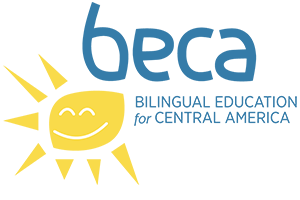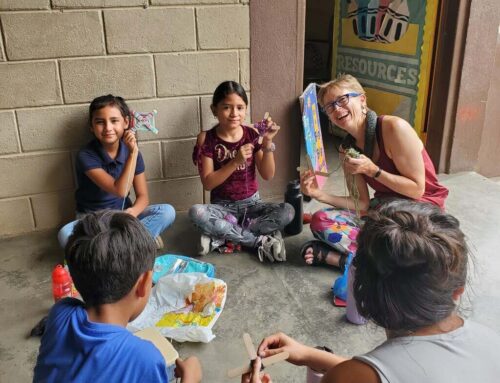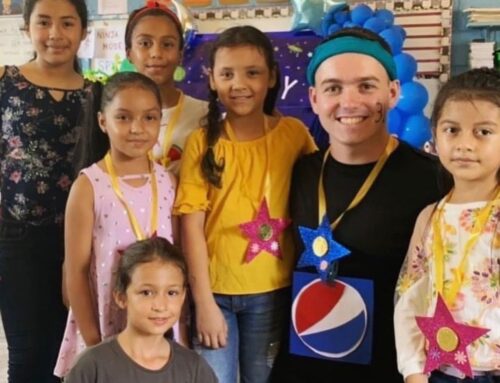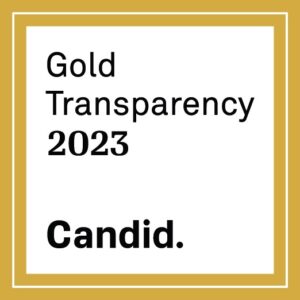Honduras.
Just a few years ago, I had barely heard of this place. I knew it existed, but I knew very little about its geographical location, culture, ways of life, or people – it was simply “another country.” So, when I volunteered for BECA’s summer camp and came to Honduras for the first time in the summer of 2017, I had much to learn.
Several months before making this first trip to Honduras, I had met a native of the country who often shared with me very positive experiences and information about his home and, from those conversations, I had become curious. Some Google searches and disheartening findings later, my enthusiastic curiosity had turned into disappointed confusion. I didn’t understand how my native Honduran acquaintance, with whom I had had several interactions at this point, could describe such wonderful, “normal” life experiences, and also live in a country to which my Internet search results had quickly advised me not to go. The news headlines, graphic images, advisories, and warnings, paired with just a few exotic island sceneries, left me with fear, but also skepticism and even more curiosity. As I was currently in the market for summer educational opportunities abroad, I wondered if this could be the place. So, following my “research,” I decided to pursue my curiosity and volunteer in Honduras for the summer, which led me to BECA.
Within a week of coming to the country, I realized that I had been deceived. It wasn’t that the stories and advisories presented to me by the media were entirely without truth. In fact, much of that information was very likely true. However, the deceitful aspect was that these undesirable news headlines, photographs, and blaring alerts were the primary representation of Honduras’ people and culture, and that wasn’t fair. Much of what I found in Honduras just within a few weeks was actually quite the opposite of what the Internet’s portrayals had created. Is the country free of any struggles, corruption, and troubles? Absolutely not, and the media will take care of sharing that information with you. However, what the media often does not share, are many wonderful, unique facets that I have discovered in my time here. Though I could go on and on about my love for Honduras, I will narrow my admiration down to three main characteristics that have had the most impact on my acquainting with the country. These features, together, create the picture of what Honduras means to me.
First of all, Honduras, to me, means passion. The media did a wonderful job of setting a tone for me that collectively defined Hondurans as criminally prone individuals. I found, however, that this was not the case. Of course there are criminals, and of course there are drugs, gangs, and violence – just like there are criminals, drugs, gangs, and violence in varying capacities in nearly every other part in the world. The media, however, with its statistics and numbers had led me to believe that this was the case for many Hondurans, causing me to feel somewhat untrusting and skeptical of these people. However, I quickly found within my interactions and conversations with natives a passion and desire for voice that I hadn’t experienced from many others before. Most of these individuals expressed love and pride for their country, and their actions proved their willingness to fight for its betterment. So, instead of finding a country full of criminals, I found fervent, sincere people with an unmatched passion.
Second, Honduras is beauty. Alongside Google’s images of violence and negativity were also some breathtaking images on an entirely opposite spectrum. You do not have to travel far to see the natural splendor that is encompassed by Honduras’ land. Between los montañas and las playas, the country’s beauty and grandeur deserve to be recognized. Unfortunately, the negative views often overtake many of the positive aspects, and for that reason not very many get to experience the real beauty of this place. I feel so fortunate that I’m one of those lucky few who have gotten in on the secret.
Lastly, and possibly my favorite part of my experiences in Honduras, are relationships. As a teacher, I expect to form lasting relationships with my students and teaching partners on a yearly basis. These relationships are part of what I love about my job, and I realize they often occur due to the setting in which I work. However, this was not something I expected to occur so quickly and with so much energy within just a few days of interacting with my summer campers, their parents, the school workers, and the others I encountered. I was touched when families invited us over for dinner so often, treating us to delicious meals and quality conversation, without even knowing our first names. I was just as touched when students were so excited to see us each day, and conversely saddened when it was time for camp to end, even though we had only been acquainted for a few weeks. The feelings of closeness and familiarity quickly became mutual, though, and continue to be each time I return.
Passion, beauty, and relationships. Those are just a few of the meanings of Honduras. I would encourage anyone who has not yet experienced this place to give it a try and see for yourself. By the way, that native Honduran acquaintance I mentioned earlier, unbeknownst to me at the time, turned out to be the love of my life. So, though I may be a bit biased, I truly love this place and its people.







